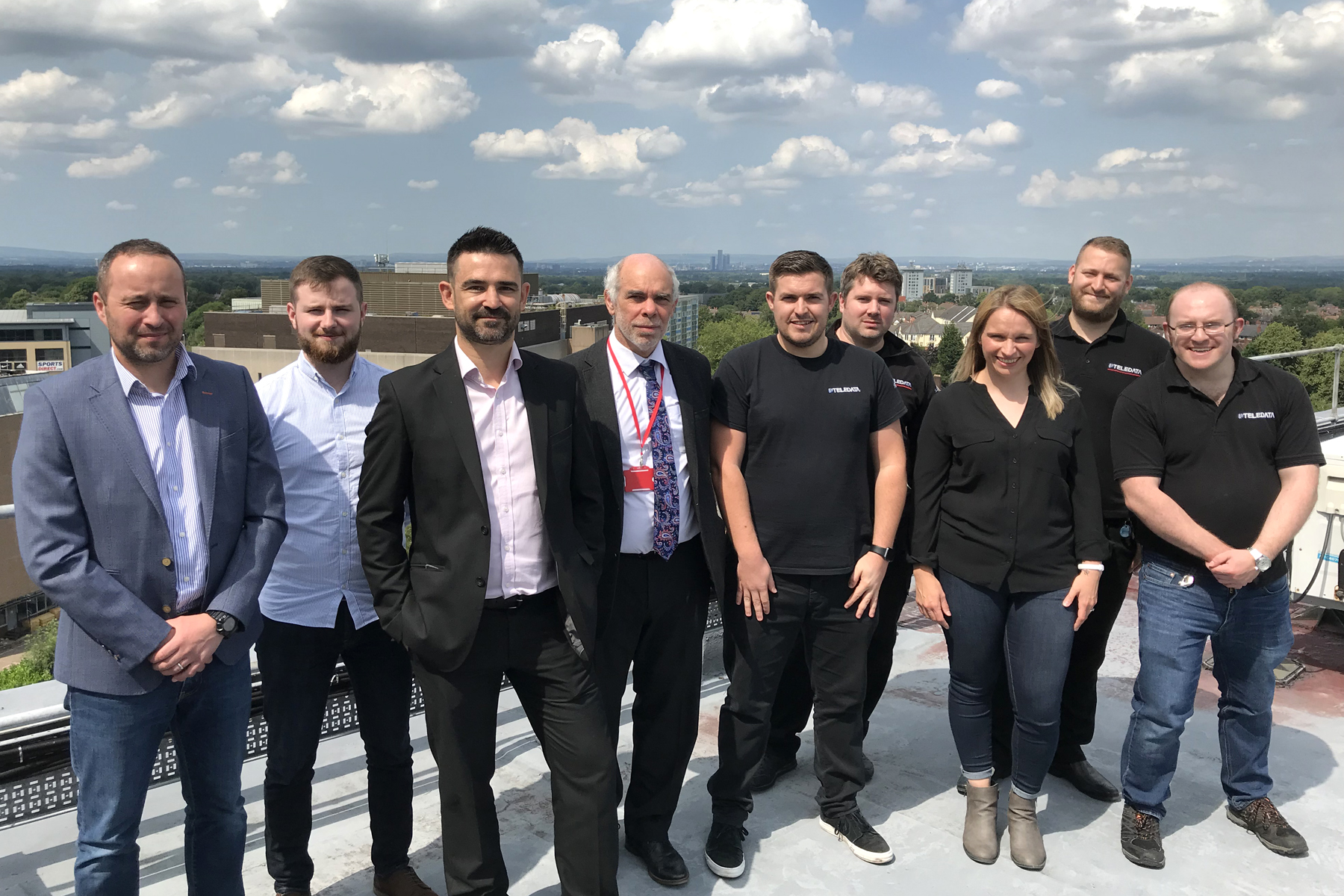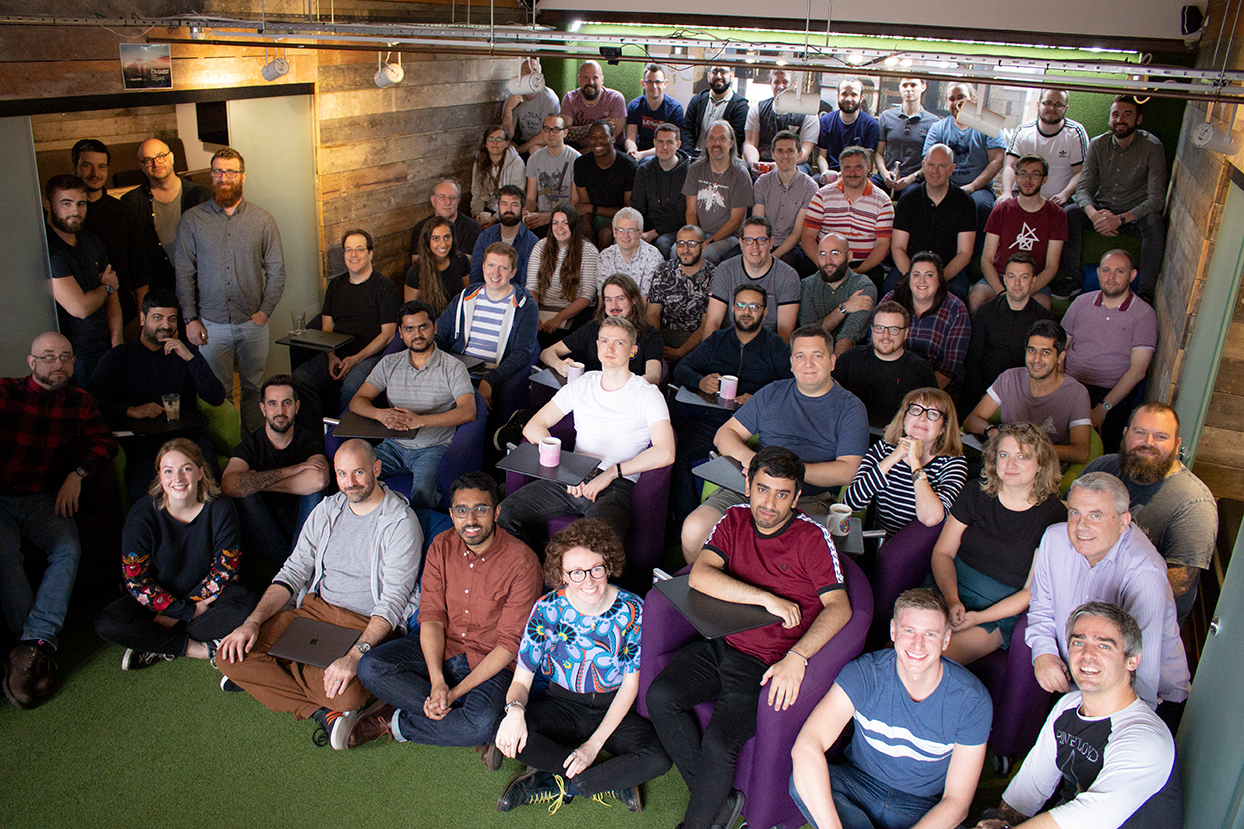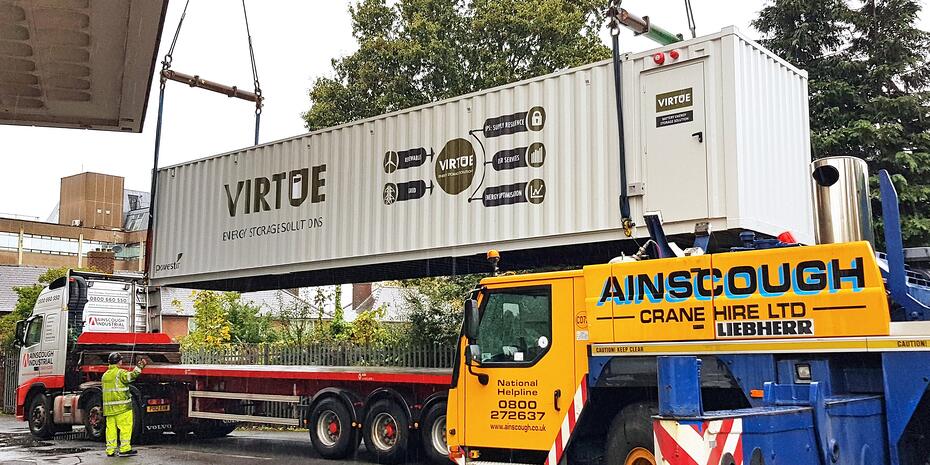
Justin Hassall, Transformation Director
Inter-Agency Collaboration Gains Through Data Culture Transformation and Change
2024: The World continues its transition towards more resilient, sustainable growth following three years of healthcare threat, which in part have been a catalyst for economic and societal, turbulence.
Our own experience at Informed during this challenging time has seen us in the privileged position of driving and supporting digital change and developing data-led resilience and sustainability services for nationally and internationally-significant public safety, civil defence, and healthcare programmes in support of The Home Office, The National Police Coordination Centre (NPoCC), The NHS Patient Safety Team and most recently the UK Health Security Agency (UKHSA), where we are helping the organisation mature its digital operating model in the aftermath of the Covid pandemic.
Although each of these engagements have different objectives, they state the importance of safe and effective data sharing between agencies for effective collaboration as a common, critical theme. Whether that be capturing and sharing patient incident data across the NHS estate for patient safety improvement, or in capturing data on every fire-related incident into a national reporting system that helps fire and rescue services understand the leading causes of fires in order to reduce fire related casualties.
Our work with the NPoCC has seen the advancement of Intelligence-led policing through the development of a cloud-based data integration and digital mutual aid platform that integrates nine regions and 46 police forces, providing superior operational preparedness and response for national scale operations.
And with the UKHSA, the body responsible for protecting our communities from the impact of infectious diseases, chemical, biological, radiological, and nuclear incidents, and other health threats, our team is helping the agency’s technology arm design, develop, deliver, and support the technology required to prevent, detect, analyse, monitor, and respond to public health threats across the UK.
Through our work with the teams responsible for critical national infrastructure, we have seen first-hand a very real requirement for continued, smart investments in data sharing capability and capacity that enables and empowers resilient inter-agency network collaboration.
To realise an effective, seamless inter-service collaboration vision, agencies have to provide the integration, collaboration, communication, and information sharing needed to serve both operational staff delivering a service and the needs of citizens and patients these services must meet. This ability to share and collaborate will enable effective service and safety for citizens wherever and whenever they need it most, and where challenge and need can be most effectively met. This will rely on more of a whole system approach to inter-agency collaboration based on effective data and insights sharing.
While some agencies are trailblazers in the use of data, digital tools and technology, others may lag in their journey due to the challenges of legacy data estates, leaving data preparedness and readiness the next challenge to address ahead of digital service integration and collaboration.
The quality of data and the ability to share will underpin a more effective (and cost effective) transition to intelligence-led policing, emergency services and healthcare, and each service’s ability to collaborate. The key will lie in the ability for each agency to exchange and interrogate high-quality data, using information transferred within networks in order to make the best, most effective, and most timely decisions about what care, communication, or support is delivered, as well as where and how.
With existing levels of fragmentation and divergence across the NHS and Justice estates, interoperability remains a fundamental building block for new digitally enabled shared services. An effective and interoperable data sharing ecosystem will provide an infrastructure that uses technical standards, policies, and protocols to enable seamless and highly secure capture, discovery, exchange, and utilisation of information, with appropriate controls that ensure proper and effective use. Alongside this, the reshaping of legacy systems with platforms that communicate with, and work better together, can be used to more effectively access and share data.
This ecosystem must also better meet the challenge of sharing unstructured data by employing Artificial Intelligence (AI), Machine Learning (ML) and Natural Language Processing (NLP) techniques to discover and provide relevant information at the point of interrogation and use. This approach offers significant potential for data sharing, as it allows more meaning and intelligence to be extracted from legacy and unstructured data, and can also support better assessment of data quality and confidence levels in real time, by for example attempting to correlate between different data sets.
In meeting this challenge, data scientists at Informed have worked over the past two years to develop InformedDECISION© – an innovative, first of its kind AI-based decision support platform that enables decision makers to categorise and extract meaning from large, distributed, and unstructured data sources in real time to support and enhance complex decision-making. Importantly, the platform’s ability to unify and extract value from existing unstructured data sources without the need to upgrade systems or take copies of the data could provide a short cut to immediate efficiency and collaboration gains for inter-agency collaboration, whilst significant legacy and data quality challenges are addressed. The platform is already helping Medical and Environmental decision makers integrate and make sense of large, distributed datasets in real time, employing automated learning to better understand and qualify external datasets as they are used.
This platform can integrate intelligent workflows that adapt to users’ needs and support complex requests and transactions, with multi-agency case handling delivering seamless and secure case transaction management across multiple organisations through API bridges that efficiently integrate and harmonise data.
As a two-time Queen’s Award for Innovation winner for our ability to accelerate and de-risk digital business change, we understand that the levers that help overcome the challenges of inter-agency collaboration through data sharing across estates lie in; the potential for AI to improve integration of unstructured data; shared and open technical standards that facilitate effective data interoperability; and ultimately investment in quality, decision grade data to support current and future needs.









